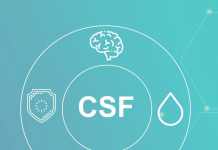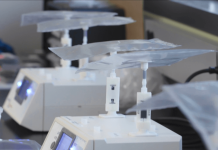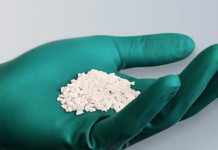Noah Medical announced the presentation of two new data sets highlighting the performance of its Galaxy robotic-assisted platform.
Galaxy, a next-generation robotic-assisted bronchoscopy platform, and its accessories provide bronchoscopic visualization and access. These capabilities provide diagnostic and therapeutic procedures in patient airways. The system features advanced imaging technologies that provide real-time location updates for potentially cancerous lesions.
Related: Science Corp. reports positive results for vision-restoring BCI
Noah Medical won FDA clearance for the Galaxy system in March 2023. The company also featured on our 2025 list of 10 “surgical robotics companies you need to know.”
Studies presented at the CHEST 2025 Annual Meeting of the American College of Chest Physicians in Chicago demonstrated the clinical and economic performance of the platform. The company said the findings validate Galaxy’s embedded imaging technology, demonstrating consistent diagnostic performance and efficiency. It looked at the platform in tertiary care institutions, academic and community hospitals, where access continues to expand.
One study evaluated Galaxy’s digital tomosynthesis (DT) and augmented fluoroscopy (AF) algorithms for real-time lesion localization. It looked at 31 patients with peripheral pulmonary nodules. Results included 100% procedural success with successful deployment of the biopsy tool within the target lesion.
Noah reported 97% tool-in-lesion (TIL) confirmation using TiLT+TM imaging, 96.7% concordance between the TiLT+ image and cone-beam CT (CBCT) confirmation and 96.7% overall diagnostic yield under strict definitions of yield. Dr. Amit “Bobby” Mahajan (Inova Fairfax Medical Center, Fairfax, Virginia), said the findings suggest that Galaxy can help expand access and “democratize advanced robotic bronchoscopy to centers that lack CBCT capabilities, without sacrificing diagnostic accuracy.”
In the second study, investigators looked at 70 consecutive cases with Galaxy over 18 months. Procedures took place in a community hospital lung nodule program. They saw 89% strict diagnostic yield at the index procedure. Investigators also reported financial sustainability with procedures performed in an endoscopy suite and in the operating room.
The two studies reinforce Galxy’s ability to combine high-precision imaging, consistent diagnostic yield and operational efficiency, Noah says.
“We’re thrilled to see leading clinicians continue to generate strong evidence supporting the Galaxy system’s clinical and economic value,” said Jian Zhang, founder and CEO of Noah Medical. “From academic centers to community hospitals, physicians are validating the power of the Galaxy System to deliver confidence, efficiency, and accessibility in robotic bronchoscopy.”




